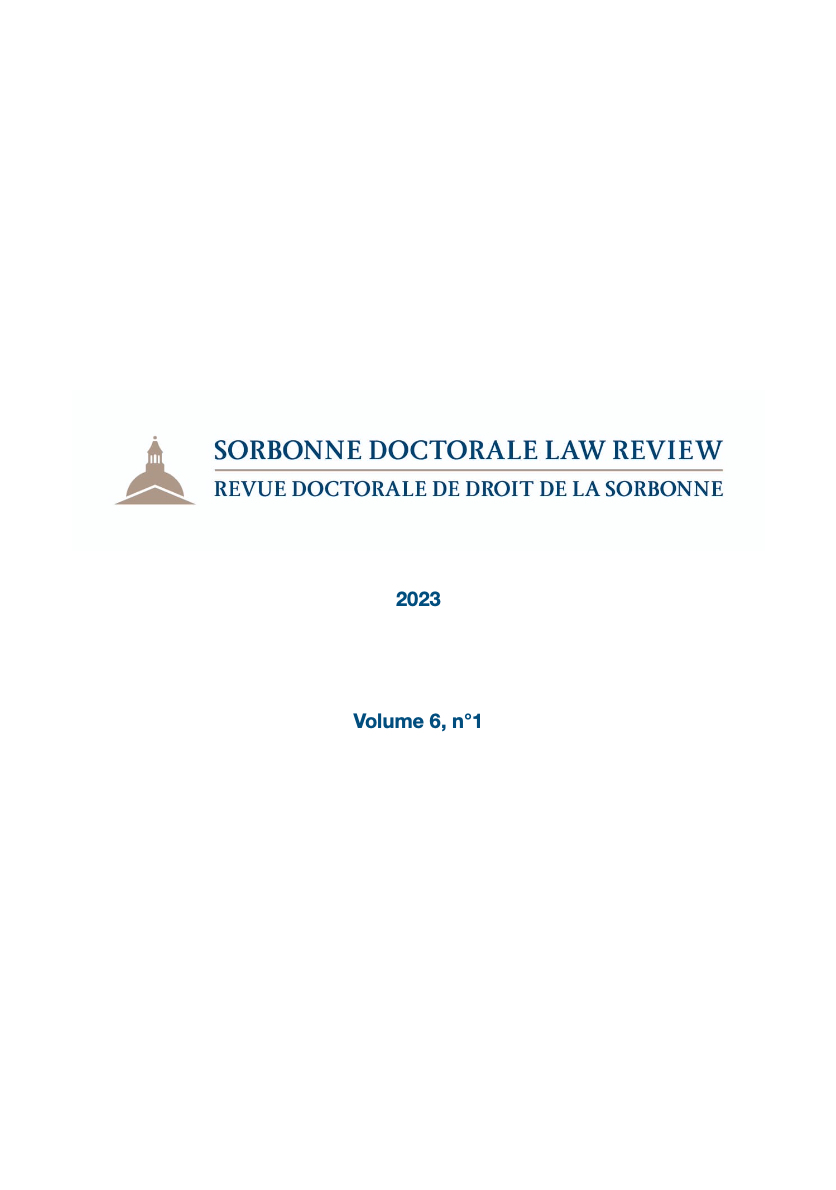Abstract
A record-champion equestrian is on her way to a horse race. On the way, she is involved in an accident not caused by her. As a result of the accident, she cannot compete in the race. In civil liability law, it is general consensus that in this case the equestrian can claim the damage suffered - to her car, her horse, and any physical and even possibly mental injuries. But can she claim more than that? Does it make a difference that she was on the way to a race where she intended to compete (and possibly win)?
Since 1889, in French civil liability law, a lost opportunity can constitute a compensable loss under the condition that the lost chance is of a direct and particular nature. As “the actual and certain disappearance of a favourable eventuality” in case law, French courts tend to consider a lost opportunity raised as a valid compensation claim, just as an actual loss suffered. This extensive understanding of a lost opportunity in French civil law is unique compared to other European systems, such as the British Common Law or the German Law.
This paper assesses whether or not the French model can be an inspiration for other legal systems. In that regard, in a first step, the legitimacy of the compensation for a lost opportunity is discussed. Secondly, the framework for compensation of a lost opportunity is analysed.
After systematically classifying a lost opportunity as a type of loss, the paper shows that this type of loss is often used as a remedy to cover that a causal link between action and damage cannot be established. Secondly, it is found that despite it having established reconnaissance by the French Courts, the conditions of a lost opportunity are still heavily contested, which causes concerns regarding the pending reform of the French civil liability law. Lastly, it becomes clear that the method of how to assess the compensation for the lost opportunity is entirely arbitrary.
Being confronted with the question of the legitimacy of compensation for a lost chance, this paper serves as an orientation for other European systems. It is shown that the French model can serve as an inspiration. However, due to the legitimate dogmatic criticism of the framework in practice, in no way, it can be exactly replicated.

This work is licensed under a Creative Commons Attribution 4.0 International License.
Copyright (c) 2023 Sorbonne Student Law Review - Revue juridique des étudiants de la Sorbonne

